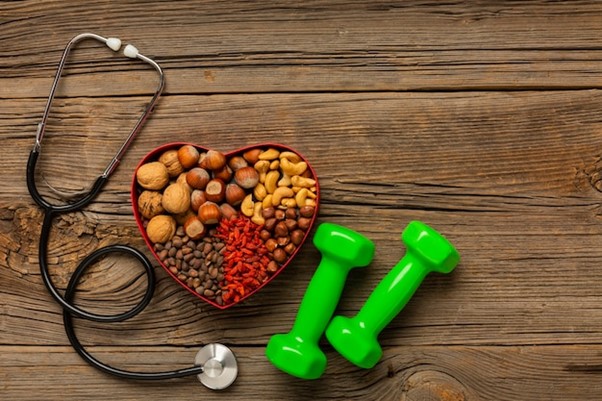What Is the Importance of a Diet for Bone Health?
Keeping your bones strong and healthy is crucial for your overall health and well-being. A diet rich in bone-supporting nutrients helps prevent conditions like osteoporosis, fractures, and bone loss as you age. Bones are living tissues that are continuously breaking down and rebuilding. Eating a nutritious diet keeps your bones strong as you age. It helps your body maintain bone density, lowers inflammation, and provides what’s needed for bone repair.
Which Nutrients Are Essential for Bone Health?
Various essential nutrients play a crucial role in preserving bone strength:
- Calcium: The main mineral responsible for building and strengthening bones. Adults need about 1,000 mg daily, which can be obtained from dairy products, leafy greens, almonds, and fortified foods.
- Vitamin D: Helps the body absorb calcium. Sunlight is a great source, It is also present in fatty fish, eggs, and fortified foods.
- Magnesium: Supports bone structure and assists in calcium absorption. Magnesium is present in foods like nuts, seeds, whole grains, and legumes.
- Vitamin K: Important for bone metabolism and found in leafy greens, broccoli, and Brussels sprouts.
- Protein: Provides the structural foundation for bones. Make sure to include lean meats, legumes, and plant-based proteins in your diet.
What Foods Should You Include in Your Diet for Strong Bones?
A diet that promotes bone health should include a variety of nutrient-dense foods. Here are some great options:
- Dairy: Milk, yogurt, and cheese provide a high amount of calcium and are often fortified with vitamin D.
- Leafy greens: Vegetables such as kale, spinach, greens are high in calcium and vitamin K.
- fatty fish such as salmon and others are good sources of vitamin D which help reduce inflammation and promote bone health.
- Sunflower Seeds and nuts such as almonds are good sources of magnesium and healthy fats.
- Fortified foods: Many cereals and plant-based milk alternatives are enriched with calcium and vitamin D.
Are There Foods to Avoid for Better Bone Health?
Some foods can negatively affect bone health. Excessive salt, sugary drinks, and too much caffeine can lead to calcium loss. Additionally, excessive alcohol and a high intake of processed foods may weaken bones over time. Maintaining a balanced diet that promotes bone health requires moderation.
How Can You Prevent Bone Loss as You Age?
Preventing bone loss requires a combination of diet, exercise, and lifestyle changes. Weight-bearing exercises like walking, running, or lifting weights help strengthen bones. Ensuring sufficient daily intake of calcium and vitamin D is crucial, especially for women after menopause when bone density naturally decreases. Limiting smoking and excessive alcohol consumption also helps maintain strong bones.
A well-rounded diet abundant in calcium, vitamin D, and other essential nutrients bone-supporting nutrients is crucial for lifelong bone health. Pairing this with regular exercise and healthy habits ensures your bones stay strong and reduce the risk of fractures or bone-related diseases as you age.
Want to learn more about optimizing your diet for bone health? Speak with your nutritionist today to develop a personalized plan that keeps your bones strong for years to come!


